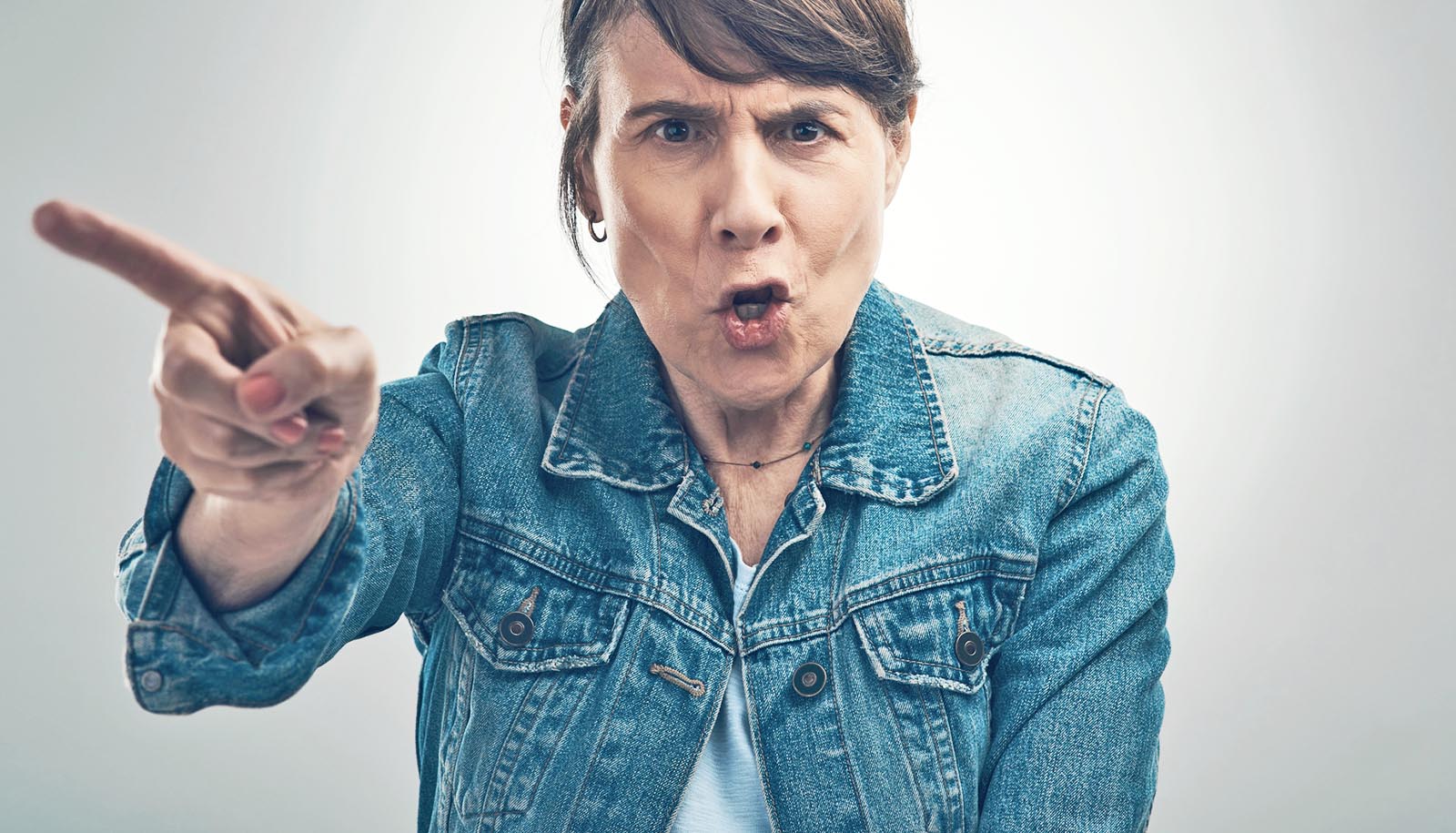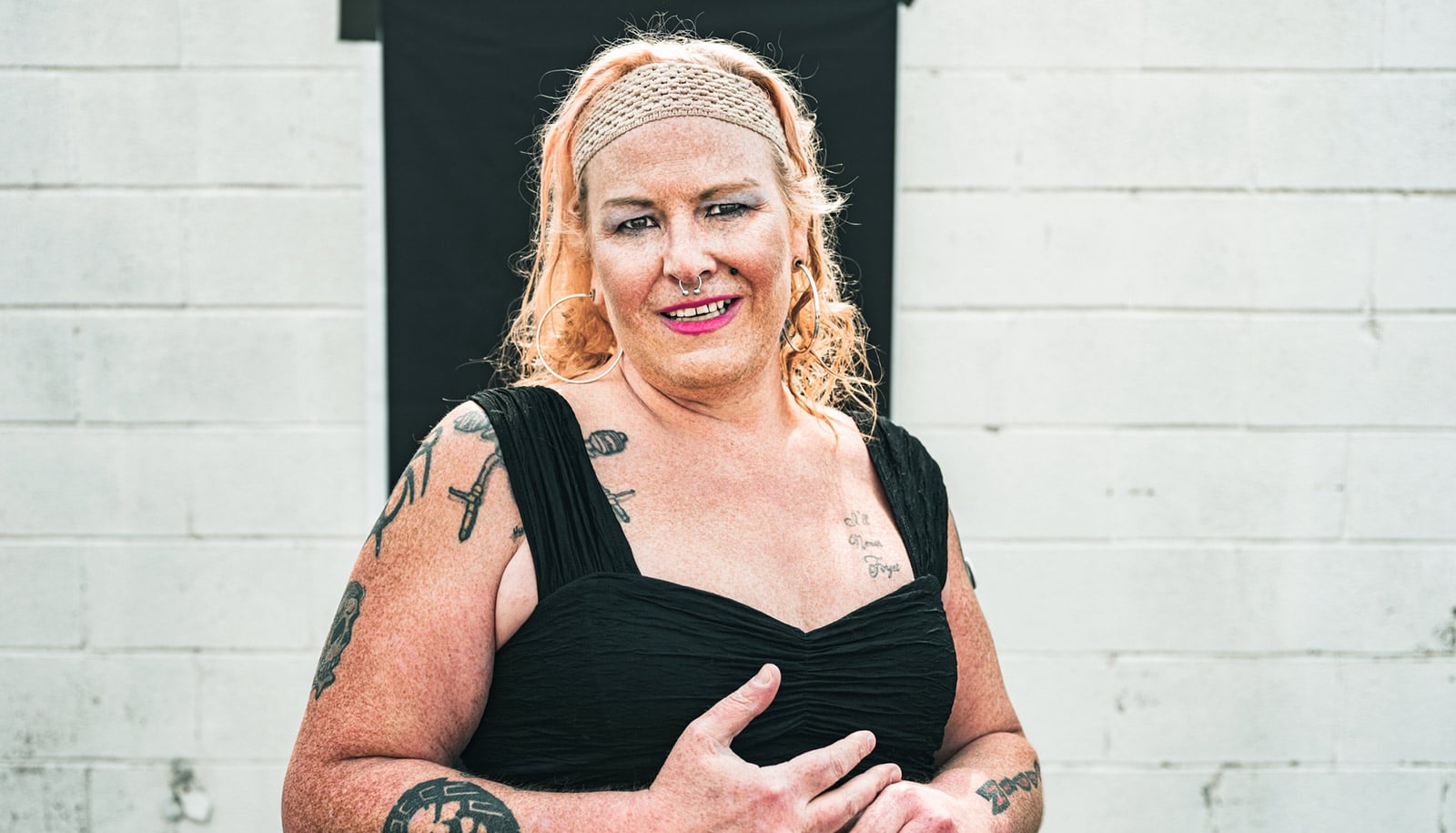People high in antagonistic personality traits—Machiavellianism, narcissism, and psychopathy—are more likely to endorse negative beliefs about homosexual and transgender people, research finds.
Those negative beliefs include the conviction that gay men should not be allowed to work with children and that gender affirmation surgery is morally wrong.
In an article in the Journal of Homosexuality, University of Oregon doctoral students Cameron Kay and Sarah Dimakis share insights into what types of people harbor prejudice against gay, nonbinary and transgender people, and why.
They report that much of the difference in the beliefs seen between people low in antagonistic personality traits and people high in antagonistic personality traits can be explained by the morals they emphasize or de-emphasize.
“People high in these traits seem to adopt these beliefs because they downplay the importance of equality and are less interested in protecting others,” says Kay, a personality psychologist.
“I’m really interested in why and how we categorize people as good or bad,” says Dimakis, a social psychologist who focuses on morality. “So, how we observe people’s behavior, make inferences about what they’re thinking, and then use that information to get the sense of who they are, whether they are a good person or someone to avoid.”
While this is not Kay and Dimakis’ first personality-based project, it hasn’t been without its challenges. For Dimakis, a difficulty has been gathering a balanced, representative sample.
“We’re not just looking for people who don’t hold prejudicial beliefs,” Dimakis says. “We also need to collect a sample of people who do hold prejudicial beliefs, and those people are difficult to obtain in the traditional samples that you can gather easily from undergraduate students.”
For Kay, gathering people with those prejudicial beliefs also has its flip side regarding the ethical restraints of the project.
“I think most people would agree that these beliefs are terrible,” Kay says. “You’re trying to assess these beliefs and you’re having to ask people, ‘Okay, do you believe in this thing?’ It can often be kind of a difficult situation.”
Kay says the findings from the project can help the psychology field develop solid concepts of prejudice and expand the connection between personality and prejudicial beliefs.
“At the broadest level, there is very little conceptualization of prejudice within personality,” Kay says. “It isn’t really thought of as an aspect of personality. In the past, people have shown that certain personality traits are associated with racism or associated with xenophobia towards immigrants, and this is kind of an additional piece in that puzzle, telling us there is a way we can predict prejudice. It’s through personality.”
Source: University of Oregon



